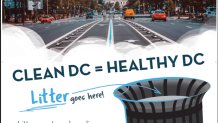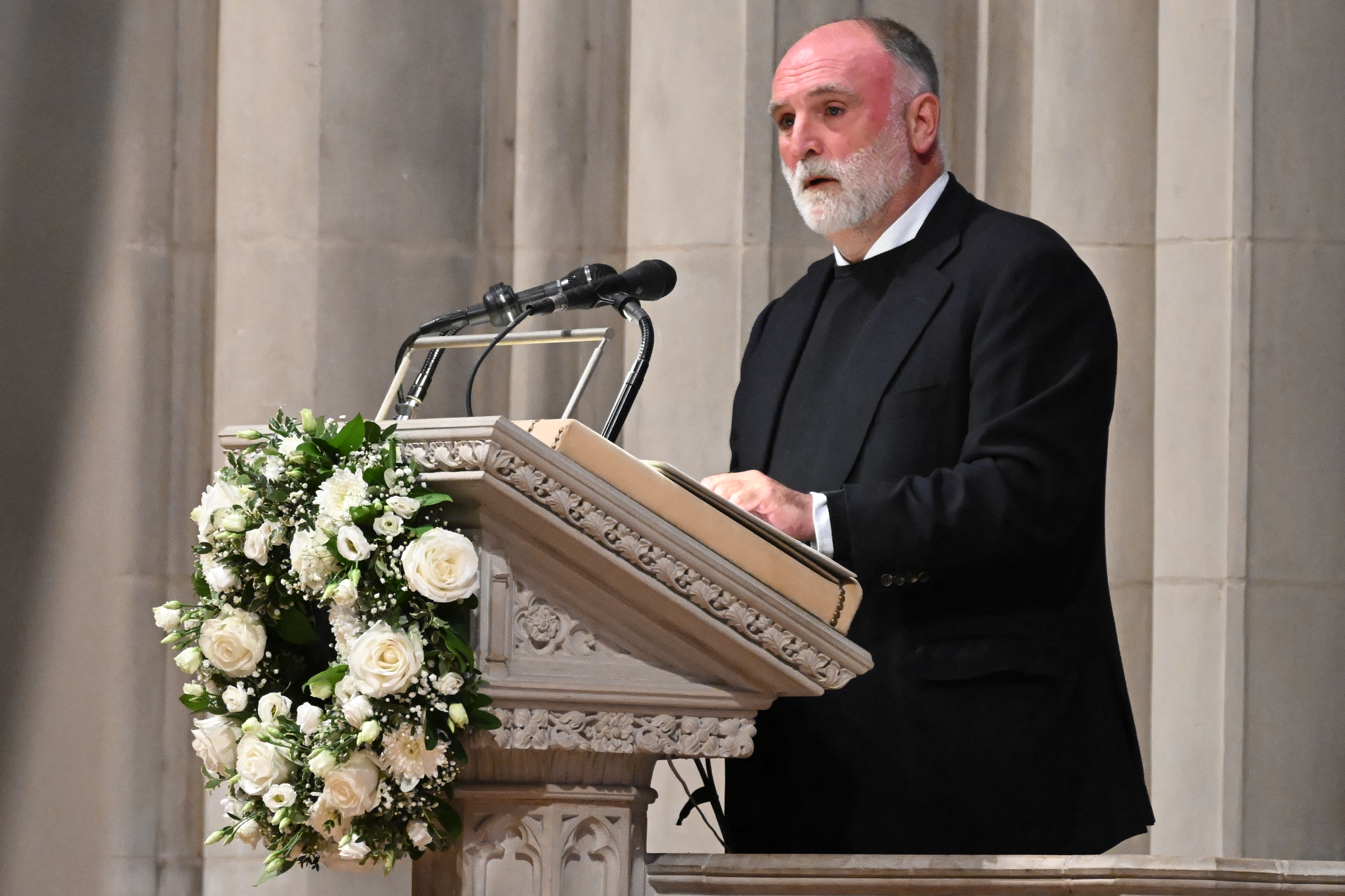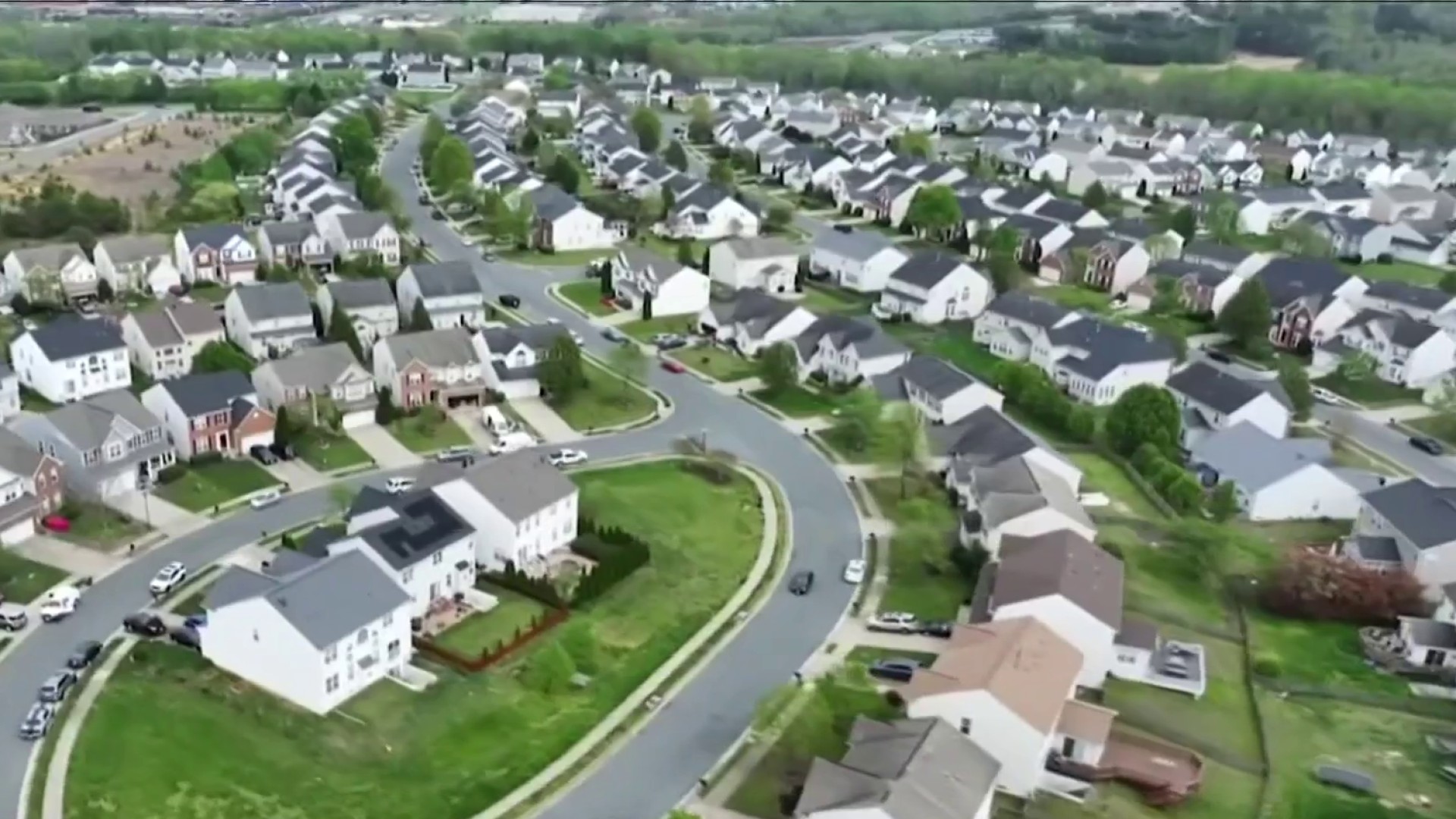It's a dirty job, literally, and one Bill Easley admits isn't his favorite part of his work for the District of Columbia. The public works supervisor is part of a team of "trash detectives" digging through public trash cans in an effort to identify people breaking a little-known law.
"Most of the time they will not admit it or some people say they just didn't know," Easley told the News4 I-Team. "They thought that's what it was there for — to put their trash in."
But putting a bag of household trash from your kitchen in the public can could lead to a hefty fine.
"Sometimes the can at the bottom is empty but because of the way they stuffed the bag in there, you can't get anything else in it," Easley said.

Last year, the District launched a new campaign to educate the public about improper use of the city's 7,000 public cans. They're for people walking by, to avoid littering. When people throw loose trash on top of cans filled with household bags, the litter falls to the ground attracting bugs and rodents, Easley said.
"There's just huge health risks and issues with that," D.C. Department of Public Works Director Chris Geldart said.
Local
Washington, D.C., Maryland and Virginia local news, events and information
He said his workers are striving to make the District the cleanest city in America. Part of that includes inspecting the public cans, tearing open household bags and searching piece by piece for anything to identify where the trash originated.
Inspector Justin Ingea pointed out one public can on Montello Avenue in Northeast where that was particularly easy.
"They have all these hair color boxes; you have some hair also," he said while digging through the can. "There's a hair salon here, so all this must come from them."
He checked behind the building to confirm it had no trash cans of its own, which is also a problem.
Photos: 'Detectives' Dig Through Private Garbage in Public Trash Cans
Since January 2017, the District has ticketed at least 715 people for failing to have trash service; the fines total nearly $400,000. At least 172 got tickets for improper use of a public can, adding an additional $11,550 in fines.
"It's all over the city. We find this in just about every ward," Easley said.
The I-Team was watching a can in Southeast, stuffed full of household trash bags, when a woman walked up and added one more to the pile.
"I was just helping somebody out," she said when approached by the I-Team. "Sorry, I'm not from here."
Geldart said neighbors should call 311 to report misuse of public cans, and the trash detectives will dig in, no matter what's left inside.
"We find, believe it or not, car parts, we find human feces, we find a lot of dog feces in the cans," Easley said.
The District's trash trucks only pick up from single family homes or small apartment and condo buildings. Businesses and residential buildings with four or more units are required to pay for their own private trash service.
"There is a lot of ways we know if there is a building that either has not paid their bill for their service, has stopped having service, we'll know really fast," Geldart said.
Sometimes it's obvious, Ingea told the I-Team, pointing out an overflowing dumpster behind an apartment building in Northeast. A neighbor said the trash truck had driven past the dumpster for weeks without stopping.
"It's atrocious. It shouldn't be like this no matter what's going on," Jesse Sealey said.
In those cases, neighbors are forced to find something to do with their trash.
But sometimes, Easley said, residents know exactly what they're doing.
"See, you can tell where they cut their ID off," he said, holding up a mailer with the bottom corner ripped off.
In that bag, the inspectors found bank statements and bills, but none contained an address or person's name.
"That may just be somebody that doesn't want their name in their trash can anyway," Geldart said. "There's other ways we can use to figure out what's going on there."
He said inspectors sometimes set up cameras or do surveillance. When digging through a bag, Ingea said he looks for at least two identifying pieces of evidence before writing a ticket.
Back on Montello Avenue, Ingea questioned a worker at the barber shop near the public can.
"Tell your landlord to provide you a private hauler, a private trash collection service," he said.
"I'll make sure I give him the word," she responded.
He later cited the building owner for misuse of the public can and failing to have trash service. The I-Team found that same owner had also been cited for not having trash service two years earlier. Records show the owner of that building did pay his fines. He did not return a call seeking comment.
Easley said, in some cases, the buildings do have service, but the residents still place their household bags of trash in public cans — either out of laziness or convenience. Geldart said residents who live in buildings that do not offer trash service should report that to the city.
"That's unacceptable. Everybody has to have trash service in the city," Geldart said.
His inspectors can also issue citations for buildings that don't have enough private cans or don't have frequent pickups. In total, they've issued more than $11.5 million in solid waste fines since January 2017.
Reported by Jodie Fleischer, produced by Rick Yarborough, shot by Steve Jones and Jeff Piper, and edited by Steve Jones.



